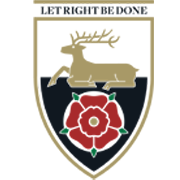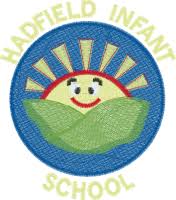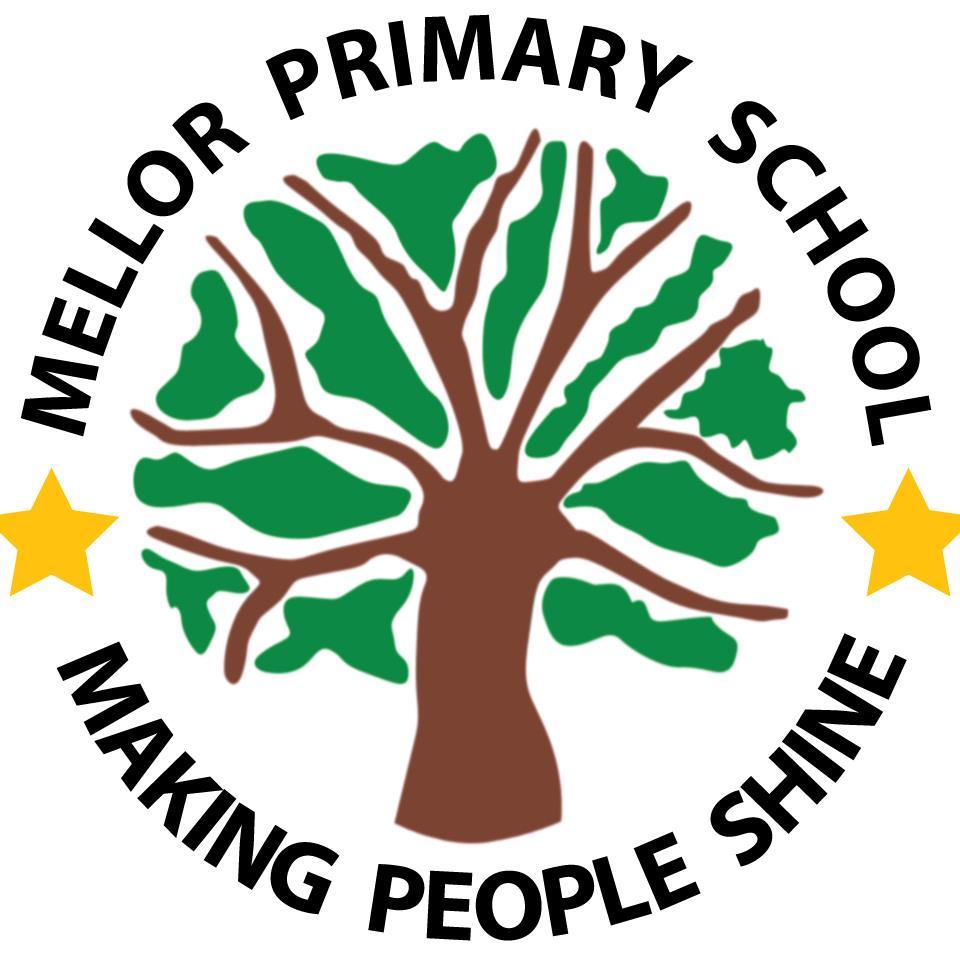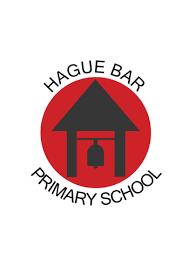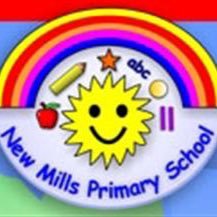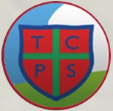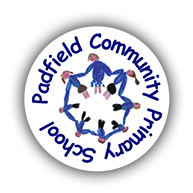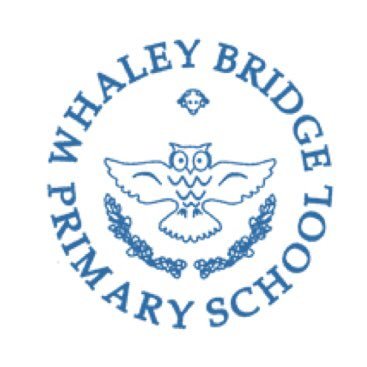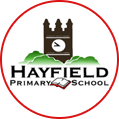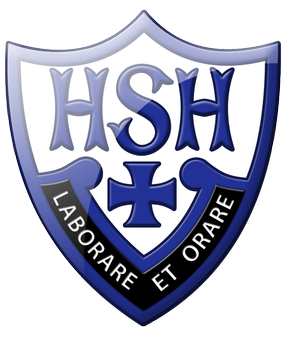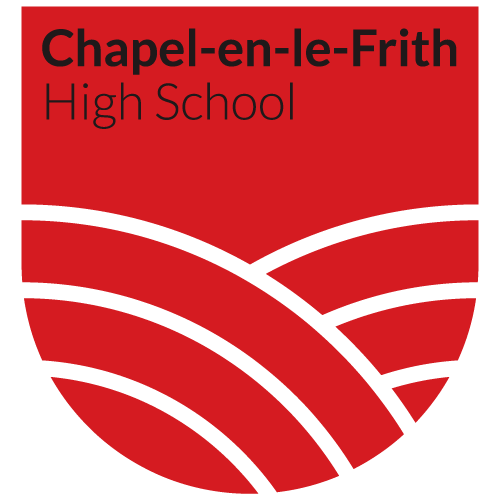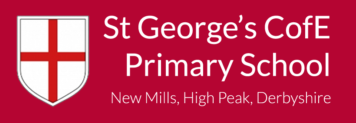Education & Outreach
Take Part work with a wide range of schools. We are proud of the packages we are able to offer which have been piloted and revised over a number of years to ensure the highest quality of provision in our field.
There are a wide variety of options that we are able to support your school with. Everything from PPA cover & After-School clubs, through to bespoke programmes covering confidence building, positive mindset, resilience, transition, staff training and much more.
You can read more about each of the specific aspects we offer below. Should you be interested in speaking to us further about the options available to your school please contact us at info@wearetakepart.com
We would love to speak to you!
Transition Programme
How transition to high school should breed excitement, not fear.
Take Part is an ’emotion first’ community interest company. We assess where a child is in their personal development journey, and how that is presenting itself through confidence or self-esteem. We help young people manage change and develop a growth mindset. It’s a life skill that’s particularly important as a child transitions to high school. We believe young people deserve to feel excitement about this very important period of change.
Over the years, we’ve delivered transition programmes for high schools throughout Greater Manchester for Year 6 primary school children who will be joining their new schools in the Autumn term. Through lockdown in 2020, we moved our transition wellbeing programme online so that we could continue as a fully remote creative community. This year, we’ve adapted our programme to include a blend of face-to-face and online learning.
What’s needed for transition in 2021
Collaborative working can be extremely effective, and Take Part takes pride in the work we do in partnership with local schools.
Of course, Covid has added an extra layer of fear and uncertainty. According to Public Health England Guidance: School-aged years high impact area 1: Supporting resilience and wellbeing, (updated 17 March 2021), identified that building resilience is important for all young people aged 10 to 24 years, because of the number of significant life events and challenges that occur in the transition, from being a child at home to becoming a self-supporting adult. Times of transition have been identified as critically important in developing, including the transition from primary to secondary school.
Similarly, Public Health England Guidance: School-aged years high impact area 6: Supporting self-care and improving health literacy (updated 17 March 2021), the move from primary to secondary school is a crucial transition stage that offers an opportunity to provide support and advice. Evidence suggests that the outcomes for both children and adults are strongly influenced by factors that operate during these years, particularly as they take more control of their own health and wellbeing, including making diagnoses and choices about their health (Public Health England (PHE), 2015).
How Take Part’s programme works
This year, our transition programme will run over a 12-month period; this longer period reflects our thinking that intervention in this area is not a quick fix.
We begin with a weekly workshop, taking place from Easter until July. These sessions are delivered to households via remote Zoom workshops. Bringing the programme to homes in this way is an opportunity to involve family members too.
Our Remote Transition Course Outline:
- Week 1 – An introduction to the Growth Mindset.
- Week 2 – Identifying the habits needed to transform from primary to secondary education.
- Week 3 – Overcoming obstacles that prevent success.
- Week 4 – Understanding the mental workout involved in learning.
- Week 5 – Improving daily through accepting feedback.
- Week 6 – Discover the hard work behind ‘easy’ successes.
- Week 7 – Understanding the impact of small changes to routines.
- Week 8 – The physical response to pressure and its impact on performance.
- Week 9 – Mindset. Comparison to Week 1.
- Week 10 – Self-reflection and call to action to face future challenges with a growth mindset.
- Week 11 – (School content) The policies, people and place.
- Week 12 – (School content) The timetable and the amazing opportunities that await!
Throughout the Summer term, we’ll run one workshop day for the Year 6 class at each feeder primary school, followed by a full one-day event at the high school during the Summer holidays, then a half-day workshop at the high school each term for the duration of Year 7.
Our Course Facilitators are trained in Change Management and are well equipped to deliver strategies to deal with emotions, better ways of managing anger, ways to calm down, listening skills to help with communication, and formulas for assertiveness and stress management. We cover those subjects we’ve identified as the most important in transitioning to high school: developing confidence and self esteem, how to navigate friendships, and work together as a team.
We recognise that the support network for a child’s transition extends beyond their immediate family, friends and teachers. That’s why we’re working on a buddy system whereby we coach Year 9 mentors to help with the process.
In short, we’re helping to build the scaffolding each child needs for their social development at that time in their life.
If you’d like to find out more about Take Part’s work in transition from primary to high school please contact info@wearetakepart.com
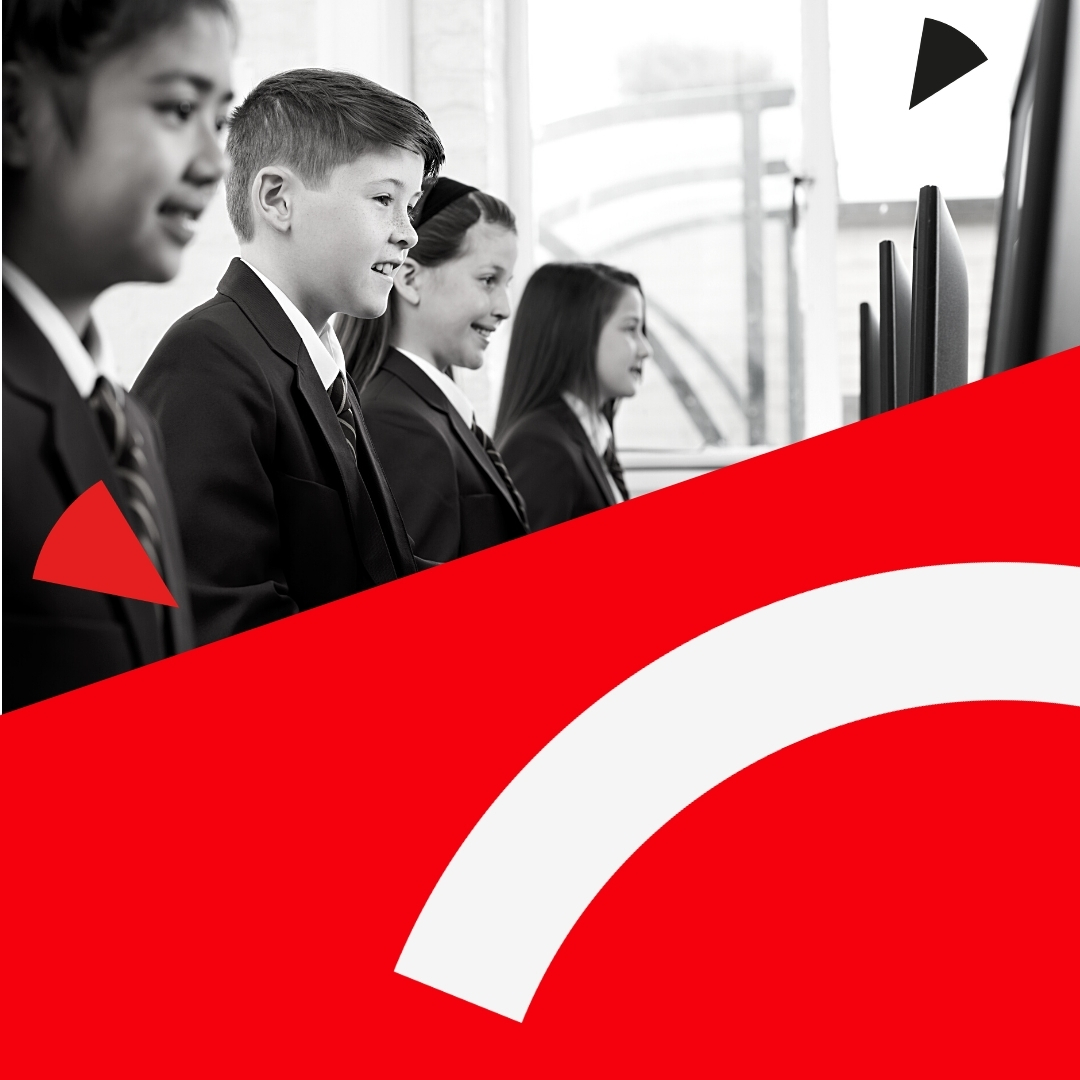
Bespoke Programmes
Take Part is dedicated to inspiring creativity in children and young people. We do this through an exciting programme of creative learning, working with nurseries, primary schools and secondary schools to deliver workshops and projects across the Arts. All our creative learning activity is delivered by experienced artist educators and freelance industry professionals who share our passion and enthusiasm.
We work in partnership with local schools to develop projects which complement school topics and themes, tackle specific attainment targets, or support the needs of identified student groups. Our offering includes: Masterclasses, Creative Classrooms, Cultural Diversity, Family Engagement, Work Experience and a year round programme of shows and events.
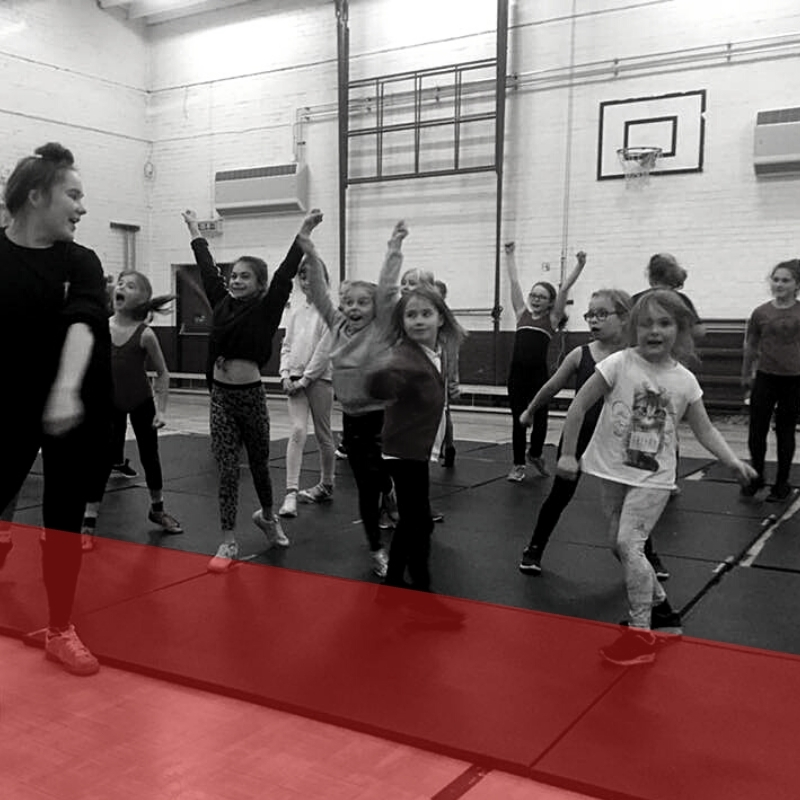
PPA Cover
Our PPA programmes encourage children’s imagination and creativity through practical and theory-based lessons. Our fun and exciting sessions aim to develop effective communication and social skills. Our sessions are usually a blend of all Performing Arts threads but if you would like something specific we can tailor the cover to suit your needs.
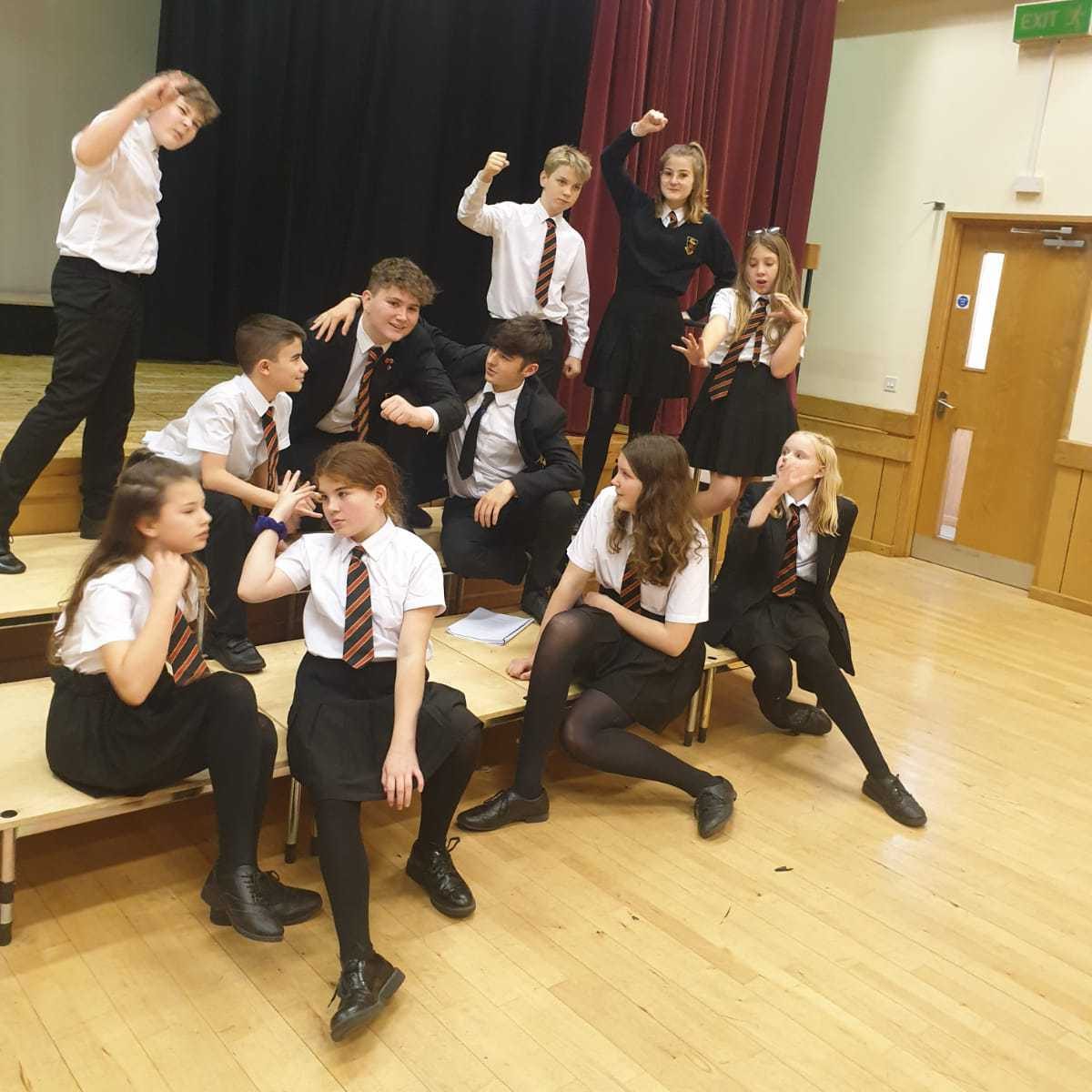
The Team
Quality and Professionalism
- Highly qualified Teachers with enhanced DBS checks in place
- Numerous years of teaching experience in their specialist field
- Trained to a high standard of behaviour management
- Relevant qualifications in the safeguarding of children
- Trained to deliver first aid
- Provide detailed lesson plans linked to the new National Curriculum
- Provide appropriate equipment and resources for the chosen activity
Drama
- For children to learn why Drama is important, to become familiar with all basic drama techniques such as role-play and mime
- To demonstrate good negotiation skills when working as an ensemble that children can use in all subjects across the curriculum
- To improve public speaking skills which are inevitably an asset to every individual’s lifelong career
- To show children that Drama is not only for the most extrovert children – there are opportunities to just be a ‘face’ or a ‘voice’ in the chorus as well as an abundance of roles backstage.
- To support children in exploring the world around them using imaginary characters
Musical Theatre
- For children to develop their skills in the key areas of singing, dancing and acting
- To introduce children to stage production and play writing
- To improve children’s confidence by performing a different range of musical theatre productions, trying out new roles and responsibilities
- For children to act through improvisation and understand the importance of body language
- To improve voice projection through acting and singing
Music
- For children to develop their creative thinking skills and improve their motor skills
- To encourage children to become active listeners
- To demonstrate that there are rewards from dedication and practice
- To encourage children to learn about and to embrace other cultures through music
- To develop confidence and listening skills
- For children to explore emotions through music, helping them develop into young people and learn more about who they are.
- To raise attainment and enthusiasm in Music lessons
- To make children aware of the importance of teamwork and coordination in a team
- To make Music fun!
Dance
- To respond with an understanding of dance and learn to create and perform pieces
- For children to communicate proficiently in dance
- Children will understand and evaluate dance in different contexts and cultures with cross-curricular links to history and literacy
- To perform different styles of dance with confidence
- To perform different styles of dance with confidence
- For children to explore and develop emotionally through dance, topics include Mindfulness and Positivity as well as self-confidence, team work and being comfortable in our own bodies
Why use Take Part to cover your lessons?
Children will learn Performing Arts skills and techniques that will encourage them to step outside of their comfort zone, to expand their knowledge and to build on their confidence.
Our PPA lessons use cross-curricular topics as stimuli (such as the Victorians, the Vikings, Diwali as well as PHSE topics such as bullying, health and well-being, and living in the wider world) which enhances children’s learning experience of the topic they are currently learning about and helps them to explore their class-topic from a different angle.
At Take Part we believe using Creative Arts and ‘inquiry for learning’ is key to create imaginary contexts for cross-curricular active learning. Our Specialists start by posing questions, problems or scenarios to link with the curriculum, blending with wellbeing and personal development. Our sessions include problem-based learning to get the learners thinking creatively and working collaboratively.
How we can ‘Take Part’ with the ‘personal development’ judgement
During all of our sessions we look at developing responsible, respectful and active citizens who are able to play their part and become actively involved in public life:
- Pupils’ understanding of the fundamental British values of democracy, individual liberty, the rule of law and mutual respect and tolerance
- Pupils’ character, dispositions and virtues that informs their motivation and guides their conduct so that they reflect wisely, learn eagerly, behave with integrity and cooperate consistently well with others
- Pupils’ confidence, resilience and knowledge so that they can keep themselves mentally healthy
- Pupils’ understanding of how to keep physically healthy, eat healthily and maintain an active lifestyle, including giving ample opportunities for pupils to be active during the school day and through our extra-curricular activities
- Pupils’ age-appropriate understanding of healthy relationships
Promoting:
- Equality of opportunity so that all pupils can thrive together, understanding that difference is a positive, not a negative, and that individual characteristics make people unique
- An inclusive environment that meets the needs of all pupils, irrespective of age, disability, gender reassignment, race, religion or belief, sex or sexual orientation
Enabling/Supporting:
- Pupils to recognise risks to their well-being
- Pupils to recognise the dangers of inappropriate use of mobile technology and social media
- Readiness for the next phase of education to make the transition successfully
Spiritual development:
- Ability to be reflective about their own beliefs and perspective on life
- Knowledge of, and respect for, different people’s faiths, feelings and values
- Sense of enjoyment and fascination in learning about themselves, others and the world around them
- Use of imagination and creativity in their learning
- Willingness to reflect on their experiences
Moral development:
- Ability to recognise the difference between right and wrong and to readily apply this understanding in their own lives
- Understanding of the consequences of their behaviour and actions
- Interest in investigating and offering reasoned views about moral and ethical issues and ability to understand and appreciate the viewpoints of others on these issues
Social development:
- Use of a range of social skills in different contexts
- Willingness to participate in a variety of communities and social settings
- Acceptance of and engagement with the fundamental British values
Cultural development:
- Understanding and appreciation of the wide range of cultural influences that have shaped their own heritage and that of others
- Understanding and appreciation of the range of different cultures in the school and further afield as an essential element of their preparation for life in modern Britain
- Ability to recognise, and value, the things we share in common across cultural, religious, ethnic and socio-economic communities
- Willingness to participate in and respond positively to creative, artistic and musical opportunities
PPA Cover Prices
After-School Clubs
Based in your school, Take Part will offer an opportunity after school for pupils to discover their artistic and creative potential. Helping develop confidence, encouraging teamwork and character development Take Part will make a particular contribution to social, personal and moral development by focusing on theatre skills that underpin these areas.
Coaches from Take Part teach all aspects of Performing Arts, this can be working towards an end of term production or as a LAMDA examination programme. The process of preparing for and succeeding in a graded LAMDA (London Academy of Music & Dramatic Art) examination essentially helps learners, whatever their ages or aspirations, to develop a broad range of skills that will serve them throughout life. We believe that succeeding in a LAMDA exam demonstrates not only that learners have met rigorous assessment criteria in a particular discipline, but also that they have grown as individuals through participating in a worthwhile activity that is respected as a global standard.
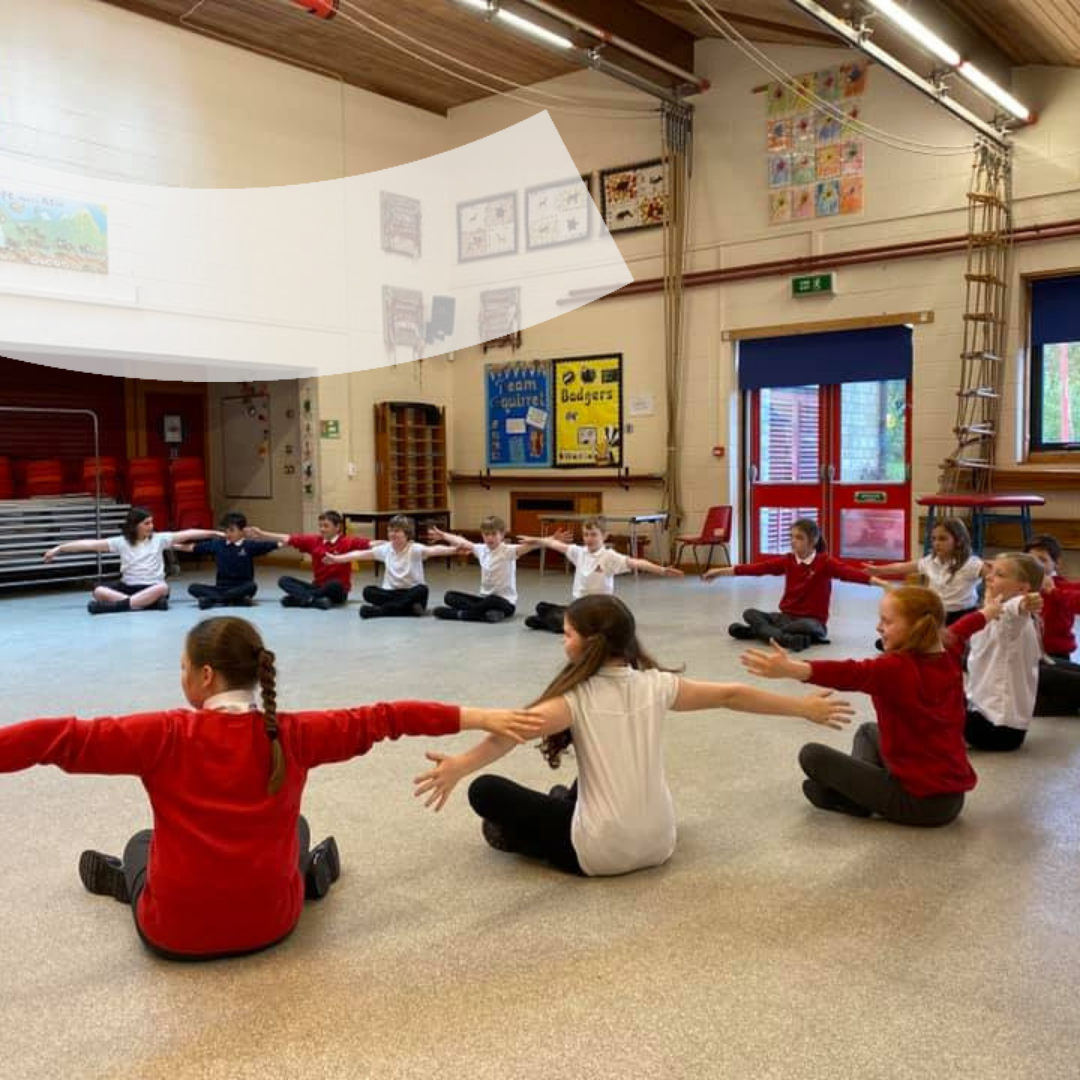
Our Partner Schools
